Movies
Latest about Movies
-
-
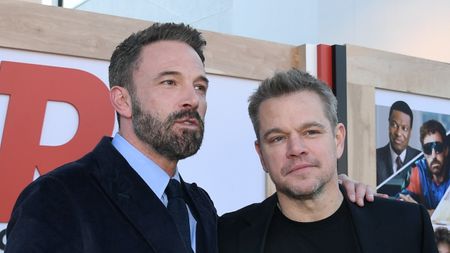
‘Well, Someone’s Gotta Put The Movie On Their Back’: Ben Affleck And Matt Damon Know Why They Keep Working Together Years Later
By Corey Chichizola Published
-

Rollerball Is The Worst Movie I've Ever Seen, But The Original Starring James Caan Is Still A '70s Gem
By Rich Knight Published
-
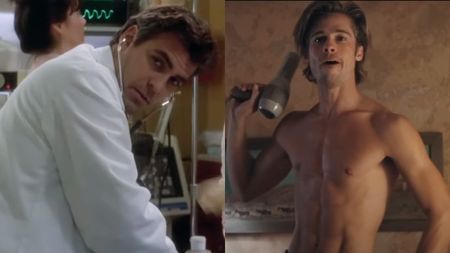
George Clooney Drops F-Bombs While Recalling Losing Thelma & Louise Role To Pal Brad Pitt
By Philip Sledge Published
-

I've Been Wondering If F1 Would Get A Sequel, And I'm So Here For Joseph Kosinski's Comments About Reuniting With Lewis Hamilton And Brad Pitt
By Philip Sledge Published
-
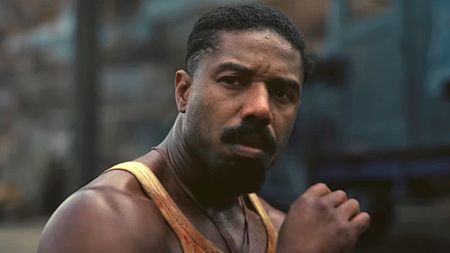
Michael B. Jordan Got Real About Wanting 'Children' One Day, And What's Holding Him Back Right Now
By Carly Levy Published
-

One Of The Best Horror Sequels Of 2025 Just Arrived In December (And No, It's Not Five Nights At Freddy's 2
By Eric Eisenberg Published
-

I Went Into 2025 Hyped For One Sci-Fi Movie, But A Year Later, I'm Obsessed With Another
By Dirk Libbey Published
-
Explore Movies
Box Office
-
-

Avatar: Fire And Ash Rules The Weekend Box Office (Duh), But Questions Linger About The Future
By Eric Eisenberg Published
-

Five Nights At Freddy's 2 Bombs Hard In Its Second Box Office Weekend As Zootopia 2 Returns To The Top Spot
By Eric Eisenberg Published
-

Five Nights At Freddy's 2 Survives Drubbing From Critics And Easily Wins The Weekend Box Office... But It's Not All Good News
By Eric Eisenberg Published
-

Zootopia 2 Surpasses $550 Million Globally, Running Wild At The Box Office Over Thanksgiving Weekend
By Heidi Venable Published
-
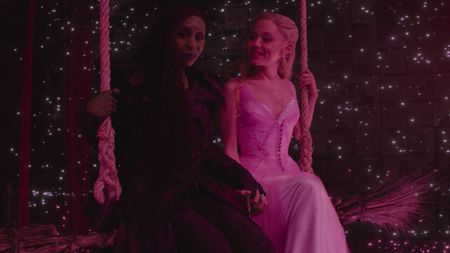
Rejoicify! Wicked: For Good Smashes Records At The Weekend Box Office, But It’s Bad News For The Running Man
By Heidi Venable Published
-
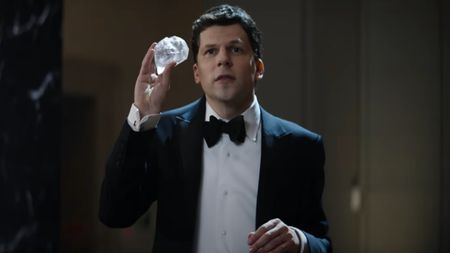
Now You See Me: Now You Don’t Conjures A Win At The Weekend Box Office While The Running Man Lags Behind
By Eric Eisenberg Published
-

Predator: Badlands Is On Its Way To Be The Biggest Predator Movie Ever After Its Awesome Box Office Opening Weekend
By Eric Eisenberg Published
-

Regretting You And Black Phone 2 Battle For The Top Spot At The Box Office During An Extremely Slow Halloween Weekend
By Eric Eisenberg Published
-

Anime Rules The Box Office Again As Chainsaw Man – The Movie: Reze Arc Tears Through The Competition
By Eric Eisenberg Published
-
Features
-
-
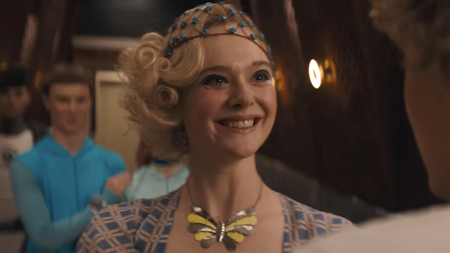
Upcoming Book-To-Screen Adaptations: What To Read Before The Movie Or TV Show
By Sarah El-Mahmoud Last updated
-

4 Women Of Color Who Were Snubbed By The 2026 Golden Globe Nominations
By Corey Chichizola Published
-
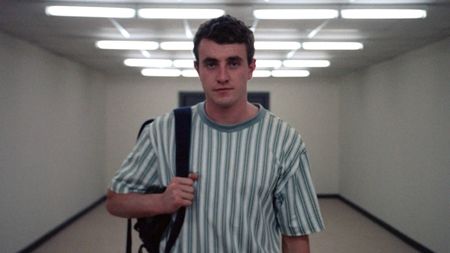
The Best Free Movies Online And Where To Watch Them
By Jason Wiese Last updated
-
 New Issue
New IssueTurn your world Upside Down with the latest issue of SFX – a Stranger Things Collector Pack
By Ian Berriman Published
-
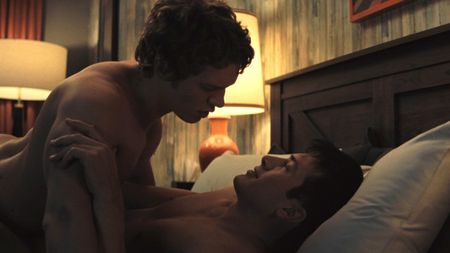
I'm Watching Heated Rivalry, And I'm So Glad There's Finally A Smutty TV Show For Queer Folks
By Corey Chichizola Published
-
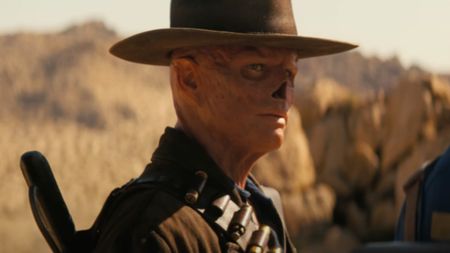
Upcoming Video Game Movies And Shows I Can’t Wait To See In 2025 And Beyond – Fallout Season 2, Mortal Kombat II, And More
By Philip Sledge Last updated
-

I Rewatch The Ref Every Year For Christmas. Why More People Need To Have It On Their Holiday Watch List
By Hugh Scott Published
-
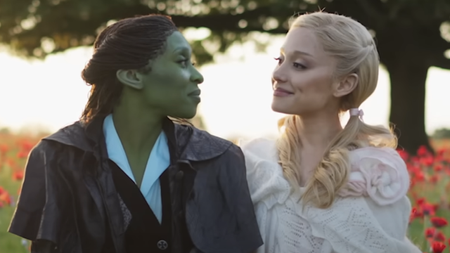
I Saw Wicked: For Good With A Group Of Mourning Theater Friends, And It Was Just The Emotional Boost We All Needed
By Corey Chichizola Published
-

Upcoming Horror Movies: All The New Scary Movies Coming Out In 2025 And Beyond
By Sarah El-Mahmoud Last updated
-
More about Movies
-
-

I Went Into 2025 Hyped For One Sci-Fi Movie, But A Year Later, I'm Obsessed With Another
By Dirk Libbey Published
-
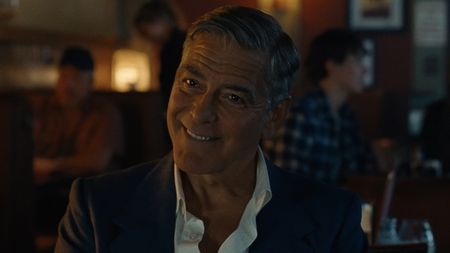
George Clooney Says He Hasn't Been 'Pigeonholed' In Hollywood (And Makes A Great, Money-Related Point)
By Nick Venable Published
-
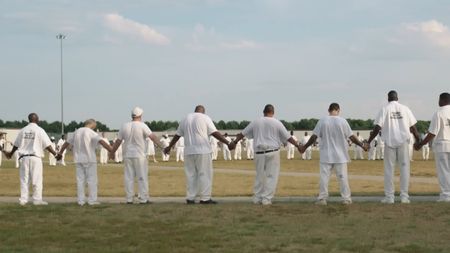
I Watched 30+ New Documentaries In 2025, And There Are 10 That Are Going To Stick With Me
By Philip Sledge Published
-